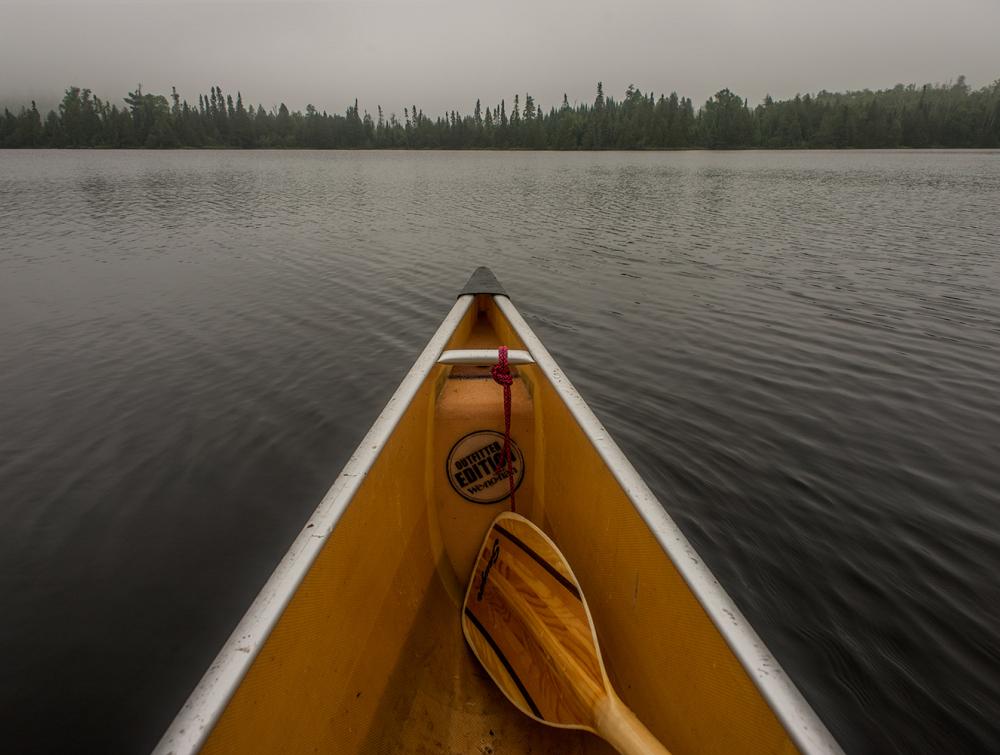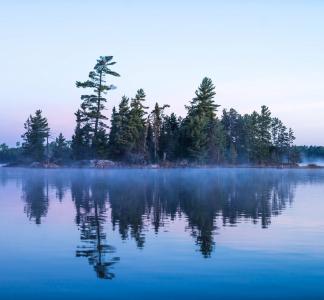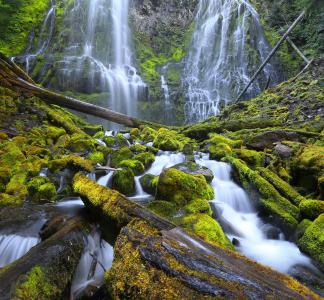Trump admin's last-minute gift: pushing mining next to cherished wilderness

Boundary Waters, MN.
Greg Owens.
New decision threatens watershed
A new decision by the Trump Interior Department encourages mining next to Minnesota’s Boundary Waters Canoe Area Wilderness, threatening the watershed of one of America's most popular public lands.
Three days before Christmas, with the nation collectively catching its breath and, perhaps, enjoying a brief respite from troubling headlines, Minnesota State Representative Kurt Daudt published a statement praising the Trump administration for allowing the renewal of mining leases near a cherished wilderness area in his home state, the Boundary Waters Canoe Area Wilderness.
The Department of the Interior, whose principal deputy solicitor authored the memorandum on this policy change, didn't issue a press release on the news. Nor did the agency post about the decision on Twitter, Facebook or Instagram. It was almost as though Interior Secretary Ryan Zinke and his staff preferred people not notice their last-minute gift to special interests.
Interior's action reverses an Obama administration decision from 2016, essentially ruling that the Bureau of Land Management (BLM) lacks the authority to deny the renewal undeveloped mining leases held by Twin Metals Minnesota, a venture of a multi-billion-dollar Chilean mining company.
Twin Metals wants to extract copper, nickel and other metals from sulfide-ore at the edge of the Boundary Waters Canoe Area Wilderness' southwest boundary. This process can discharge sulfuric acid, sulfates and heavy metals (some of which are highly toxic) into water, harming fish and wildlife. Experts say that sulfide-ore mining in the watershed could contaminate lakes and rivers within the wilderness area itself, potentially also affecting Voyageurs National Park. Adding to these concerns is the sulfide-ore copper mining industry’s poor safety record.
Going into 2018, the specter of destructive mining next to what may be America's most-visited wilderness area looms larger than it has in years. To the Trump administration, all that spells 'happy holidays.'
Zinke broke his word; Minnesotans will fight decision
Secretary Zinke and others within the Trump administration have regularly couched their public lands decisions as long-overdue reforms that recognize the will of local communities–as opposed to that of proverbial 'bureaucrats' sitting in offices thousands of miles away.
However, most Minnesotans, including Governor Mark Dayton and the state's Senate delegation, strongly oppose mining near the Boundary Waters. Local business-owners and others have argued that outdoor recreation business would be jeopardized by mining, and one study projected losses of hundreds of millions of dollars of annual income in the region if the Twin Metals project were allowed to move forward.
The day before the Interior ruling, Rep. Betty McCollum (D-Minn.) says she was reassured by Secretary Zinke that environmental study would drive decision-making on the Boundary Waters. "Twenty-four hours later, he broke his word," she said in a statement, calling Zinke's assurances "worthless and deceitful."
Various groups are planning on contesting the Boundary Waters decision in court, including Save the Boundary Waters Wilderness, whose national campaign chair called the Trump administration action “a big, fat Christmas gift for a giant foreign mining corporation."
While mining is closer to the Boundary Waters than ever, we haven't lost all hope. The Twin Metals project still faces several hurdles, including legal challenges. In the meantime, the Department of the Interior is still producing a final "environmental impact statement" to inform decisions on mining in the area over the next 20 years.
We will keep you updated about the best way to support the Boundary Waters and stand up to the Trump administration.



